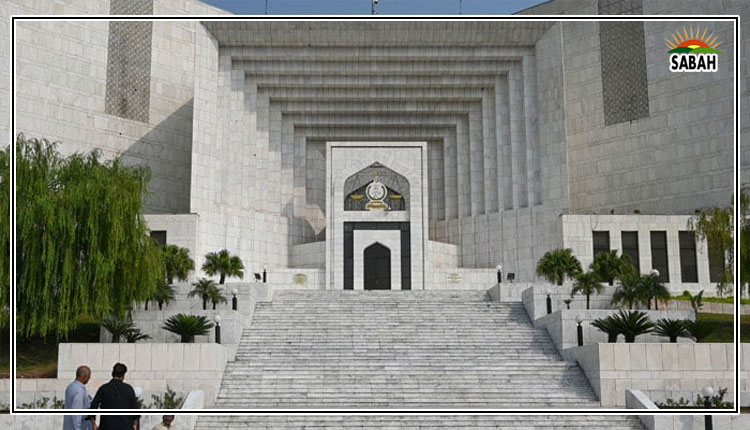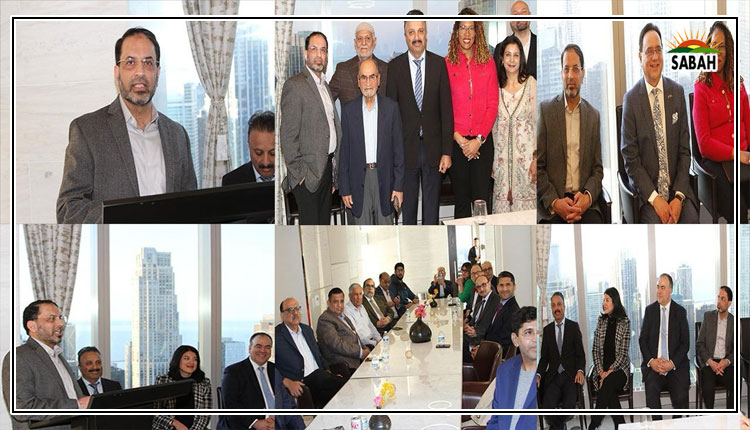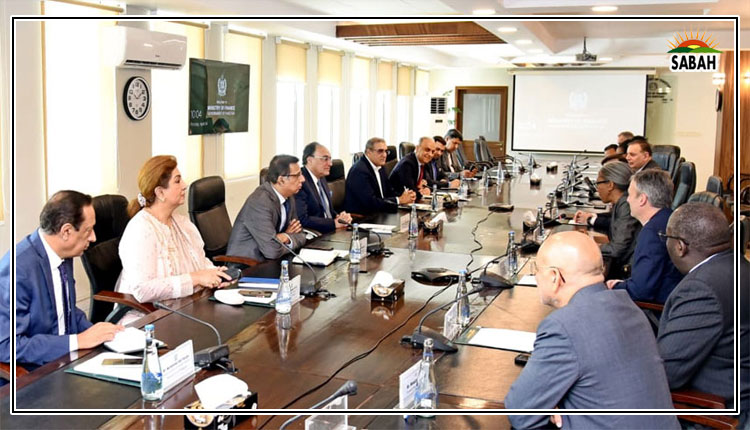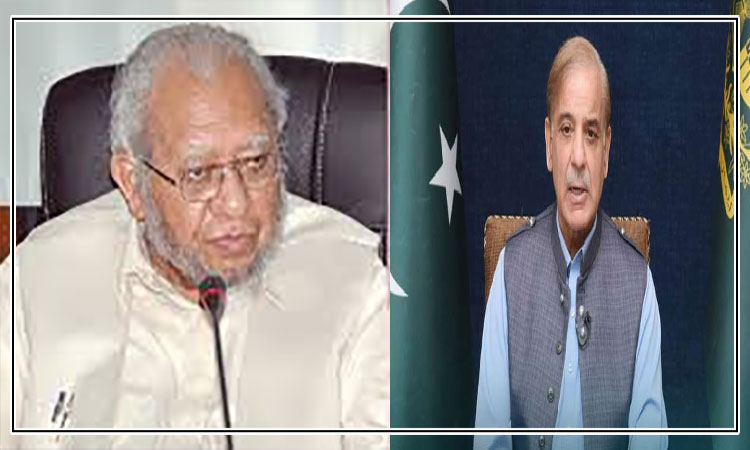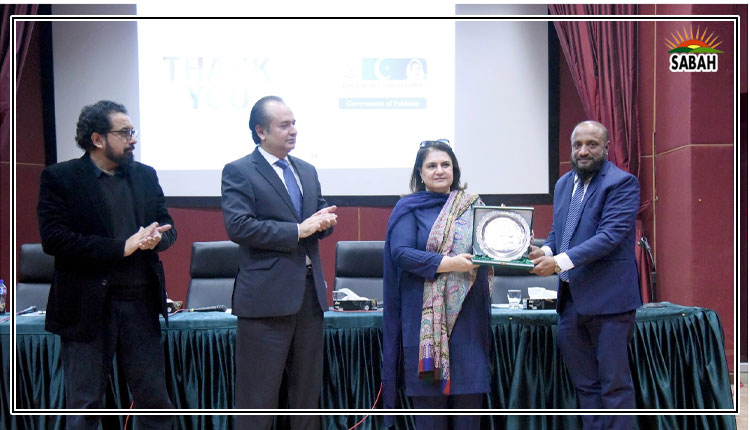Through BISP, poor women of Pakistan have gained recognition, identity & dignity: Senator Rubina Khalid
ISLAMABAD, Jan 01 (SABAH): The Benazir Income Support Program (BISP) Headquarters on Wednesday welcomed a delegation of Probationary Officers from the 52nd Common Training Programme.
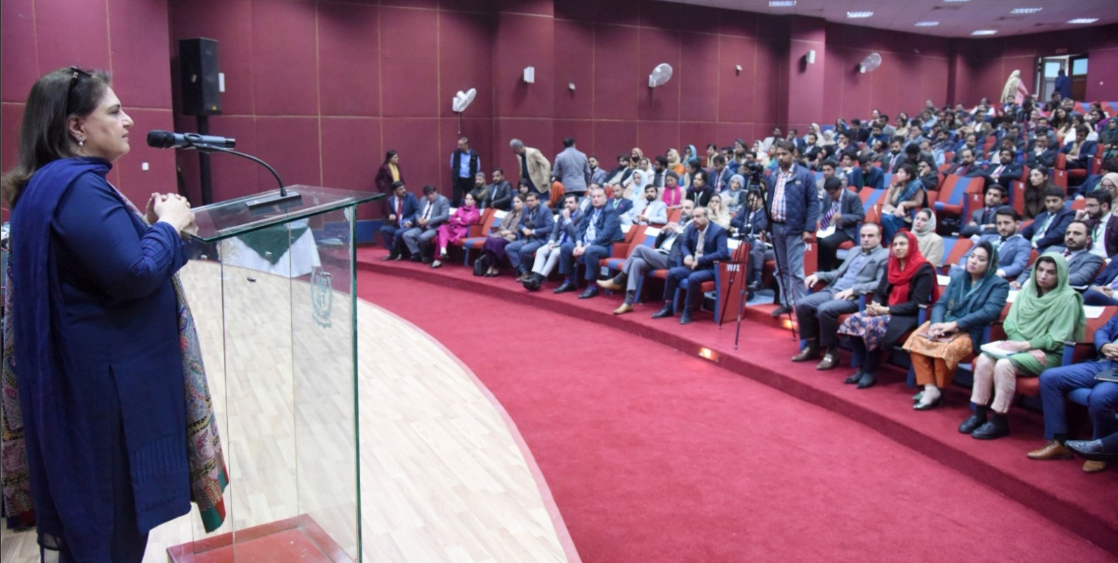
The visit aimed to provide the future policymakers with a comprehensive understanding of BISP’s mission and its diverse initiatives in supporting vulnerable communities and promoting socio-economic development.
Addressing the participants, BISP Chairperson Senator Rubina Khalid congratulated the Probationary Officers, emphasizing their crucial role in shaping the nation’s future. She urged them to become ambassadors for BISP, promoting its positive image and contributing to the nation’s progress.
Senator Rubina Khalid announced a significant increase in the Kafaalat quarterly stipend from Rs. 10,500 to Rs. 13,500, effective immediately. She highlighted the program’s origins, emphasizing that it was the vision of Shaheed Mohtarma Benazir Bhutto, conceived during her exile in Dubai. “Through BISP,” she stated, “poor women of Pakistan have gained recognition, identity, and dignity, a credit that goes to President Asif Ali Zardari.”
Senator Rubina Khalid further emphasized the empowerment of women through biometric verification for payments, ensuring transparency and dignity in support distribution. She highlighted the importance of skill training programs in improving beneficiaries’ lives, stating, “There is a global demand for skilled labor, and with available resources, we simply need to connect the dots.”
Earlier, Secretary BISP Amer Ali Ahmad provided an in-depth briefing on the organization’s core functions and impactful programs, including Benazir Kafaalat, Benazir Nashonuma, Benazir Taleemi Wazaif, and the BISP NSER Database. He also elaborated on the Nutrition Program for Adolescent Girls and explained how Mobile Registration Vehicles are facilitating program enrollment in remote areas.
Secretary BISP, Amer Ali Ahmad, further informed the participants about the introduction of a new payment system and the ongoing Digital and Financial Literacy Program for women beneficiaries. He explained that, previously, only two banks were providing services for payment disbursement. Under the new payment model, BISP has engaged six banks, and the entire country has been divided into 15 clusters to ensure transparency in payments to beneficiaries. He added that BISP is in consultation with the State Bank of Pakistan to further enhance its payment methods, enabling every beneficiary woman to choose the bank of her preference. He also highlighted the launch of the BISP Savings Scheme and a Call Center to promote savings and address complaints effectively.
Dr. Muhammad Tahir Noor, Additional Secretary BISP, emphasized the program’s robust targeting mechanisms and its swift response during crises such as COVID-19 and floods, ensuring timely support to affected communities.
An interactive session followed, during which Senator Rubina Khalid and Amer Ali Ahmad addressed questions from the participants. At the conclusion of the visit, shields were presented to Senator Rubina Khalid, Amer Ali Ahmad and Dr Tahir Noor on behalf of the Civil Services Academy, along with a vote of thanks and heartfelt gratitude from Ms Shehar Bano for their insights and briefing.


